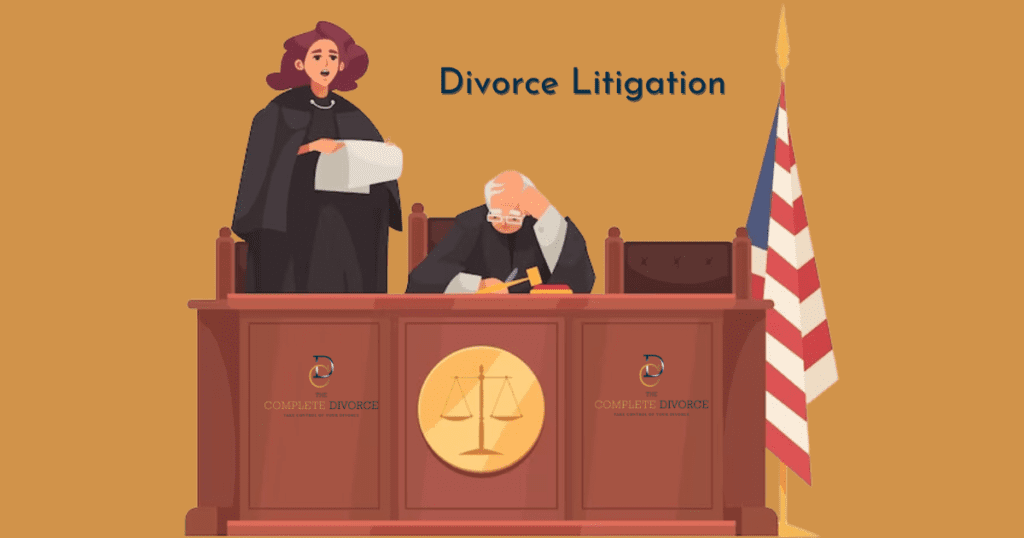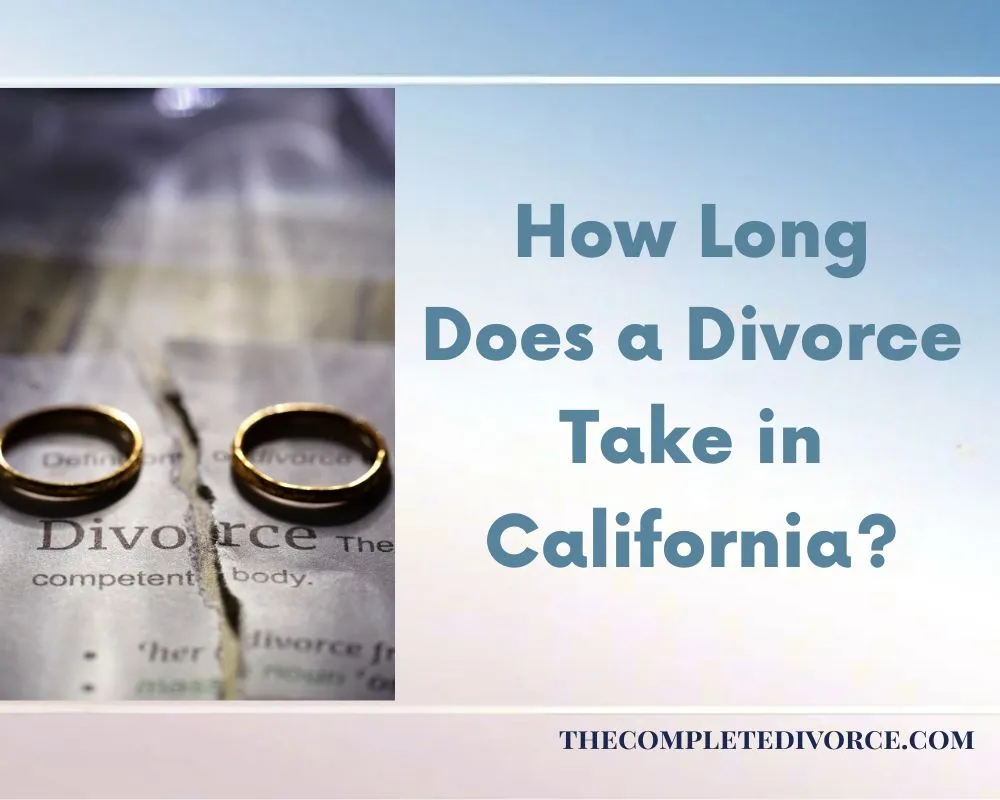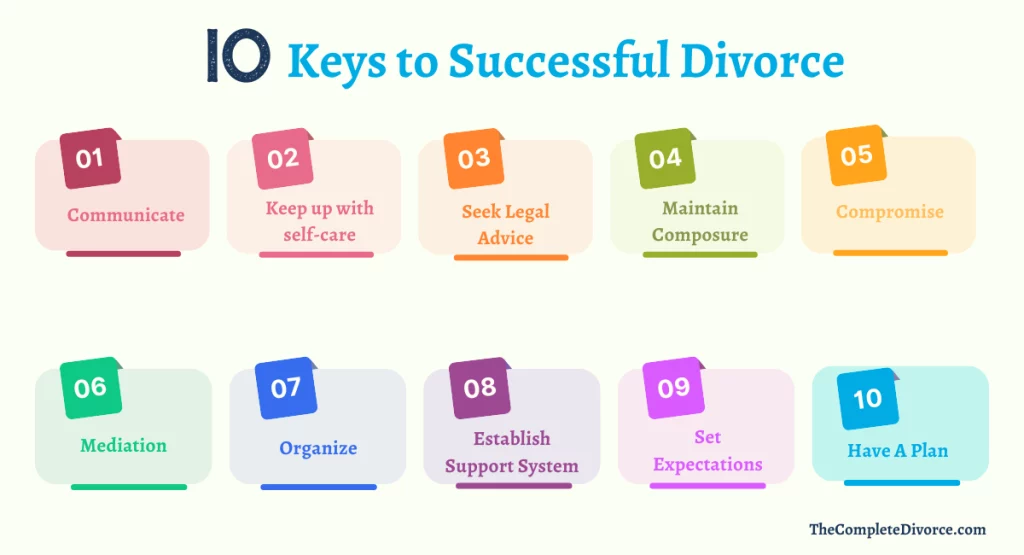
Share
What is Divorce Litigation in California?

Dina Haddad
Founder & Attorney Mediator
I’m Dina Haddad, a family law attorney-mediator in California. I’m so tired of couples not having a process that’s easy to complete their divorce. They are getting lost, wasting time and money, and beyond frustrated with their results.That’s why I created TheCompleteDivorce. I took my successful mediation practice and condensed it into an affordable and winning program.
In litigation, a judge will decide your case based on the law. When you go before a judge, you must follow the court’s rules and procedures. You can actually represent yourself or have an attorney represent you. The court process is public. Documents you file in court are public records and the court hearings are open to the public.
Litigation is useful for complicated cases, uncooperative spouses, or when there is domestic violence or abuse; whether emotional, financial or physical. Outside of that, litigation isn’t as successful as the other processes.

Time:
Litigation typically takes years. The court system is flooded with divorce cases and the public funds are not there to meet the demand. The legal procedure requires you to jump through a ton of hoops. Instead of focusing on the final agreement, which should be your goal, you often start with temporary orders, like who will use or pay for the house during the divorce, sidetracking your case. Since you don’t know the law, you might even go back and forth to court not knowing what is expected of you, resulting in your case being continued another month or two, with you still not knowing what to do for the next hearing. When you do get a hearing, you don’t get much time. Usually, less than 20 minutes with the judge. If you need more, you have to wait for an available court date. That can take a month or more!
If you use attorneys, it can be just as slow if not slower. Attorneys can only speak with each other, and then pass that information back to you and your spouse. If your spouse does not provide you or your attorney information voluntarily, like bank statements, then your attorney must conduct formal discovery. Formal discovery is the production of evidence through legal methods like subpoenas, interrogatories, and depositions to get information. This takes a significant amount of time and is expensive. That brings us to the second point, cost.
Cost:
Litigation is expensive. If you are unrepresented, you pay with your time. You have to learn the litigation process, show up to court hearings, and manage the toll it takes on other areas of your life; health, work, and relationships.
If you are represented, prepare to pay upwards of $30,000 for each attorney. And high-asset cases, don’t be surprised if your attorney’s fees exceed six figures. Attorneys charge at an hourly rate, including charges for telephone calls, voicemails, conversations to the opposing counsel, preparing letters, travel time to and from court, and any formal discovery. Your attorney has the right to ask you to put a lien on your home to pay their fees. Even if your spouse will pay some of your fees because he earns more or has more assets than you, you’ll still be responsible for covering the portion of your fees your spouse doesn’t pay.
Control:
In divorce litigation, the judge has the control, not you or your attorneys. Even though the judge gets to make the decisions, judges would rather you decide for yourselves. You’ll often see judge encouraging and even requiring couples to settle their differences outside of the courtroom with their attorneys before hearing the dispute that day.
Difficulty Level:
Divorce litigation is the most difficult, full of contingencies and unknowns. The way the judge will rule. What the mental health professional’s report will say about your parenting ability. And whether the judge will understand that you truly are struggling with your health or job.
There are also strict rules you must follow. You must prepare your court documents correctly, submit them to the court on time, and get your evidence to the judge and your spouse in a legally acceptable way. These require time and money and it doesn’t mean you’ll get a good result.
Although litigation is the most difficult and least successful, sometimes couples choose to litigate because it’s the only real option for them. Their spouse may be unwilling to choose another process, there’s too much conflict between them, or they have a complicated issue, with two very different set of facts or unclear law. Litigation can also be appropriate when there is domestic violence or financial abuse. An abused spouse is more likely to have difficulty negotiating without help. An attorney can help protect that spouse’s interests in court. But it’s important for anyone in an abusive situation to be careful. The litigation process can cause additional stress and harm because it is confrontational in nature.
More often, a spouse uses litigation improperly. A spouse threatens to go to court if the other person won’t do it his or her way. These kinds of threats make a bad situation worse and really hurts both people, fueling a bitter divorce battle.
At the outset, it is always better to commit to the negotiation process without threats to go to court. And if negotiations fails and you did your best, then consider litigation.
If you find yourself litigating, keep in mind the difficulties so you can avoid them as best you can. Even if you are litigating, you can still avoid court by negotiating a settlement, just like the judge could advise on the day of your hearing. But don’t wait. You can be a powerful tool to reaching a negotiated settlement, and that will save you time, money, and give you some control back.
At TheCompleteDivorce
At TheCompleteDivorce, we provide you with what you need to successfully do your California divorce on your own. We provide all the required family law court forms in our automated forms program, all the video tutorials, and an automated customizable Marital Settlement Agreement (Divorce Agreement). If you need more help, you can get our package which includes time with a divorce mediator.
Before you go, consider if we can help you. We have helped thousands of couples in California. Our guided DIY divorce is successful and cheap! Our services are all 5-star!






